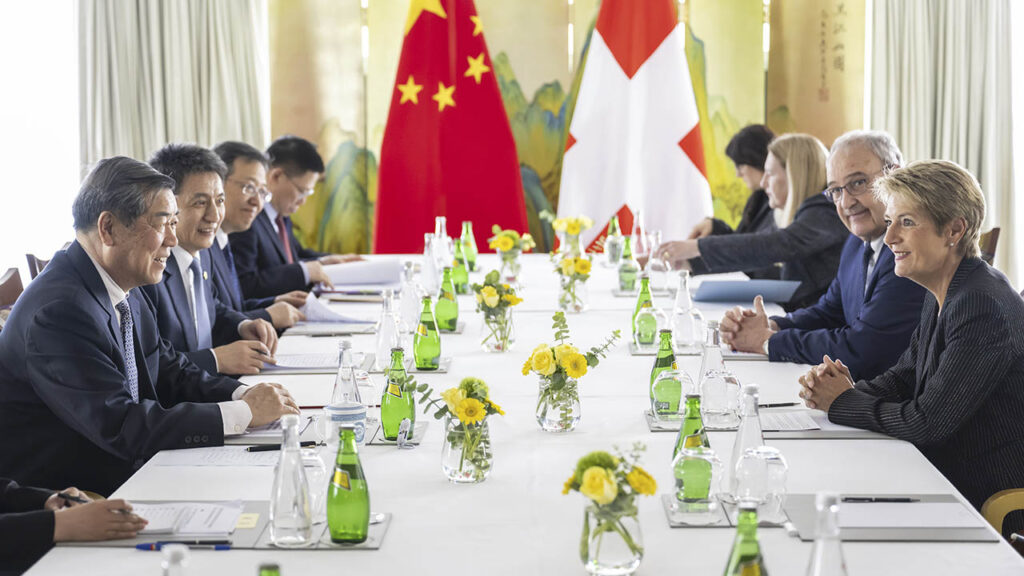A New U.S. Paradigm for the Middle East: Ending America’s Misguided Policy of Domination
Share
[aggregation-styles]
Quincy Institute for Responsible Statecraft
Conventional wisdom holds that the presence of United States forces in the Middle East makes America and the region more secure. To the contrary, the U.S. military’s large footprint in the region, combined with voluminous U.S. arms sales and support for repressive regimes, drives instability and exacerbates grievances and conditions that threaten the United States. This presence has made Americans less safe and undermined U.S. standing abroad; it also leaves America less prepared to address more dangerous nonmilitary challenges such as pandemics and climate change, as the Covid–19 crisis makes clear.
Given the manifest failure of the current strategy, growing calls for a demilitarized approach to the region should come as no surprise. However, translating concepts of military restraint into practical policy requires sustained effort. This paper is intended to move the debate forward by operationalizing a holistic approach to the region based on a narrow definition of vital U.S. interests, in accordance with a foreign policy centered on military restraint and responsible statecraft.
U.S. policy toward the Middle East should be guided by two core interests: Protect the United States from attack; and facilitate the free flow of global commerce.
Read More →
Quincy Institute for Responsible Statecraft
Conventional wisdom holds that the presence of United States forces in the Middle East makes America and the region more secure. To the contrary, the U.S. military’s large footprint in the region, combined with voluminous U.S. arms sales and support for repressive regimes, drives instability and exacerbates grievances and conditions that threaten the United States. This presence has made Americans less safe and undermined U.S. standing abroad; it also leaves America less prepared to address more dangerous nonmilitary challenges such as pandemics and climate change, as the Covid–19 crisis makes clear.
Given the manifest failure of the current strategy, growing calls for a demilitarized approach to the region should come as no surprise. However, translating concepts of military restraint into practical policy requires sustained effort. This paper is intended to move the debate forward by operationalizing a holistic approach to the region based on a narrow definition of vital U.S. interests, in accordance with a foreign policy centered on military restraint and responsible statecraft.
U.S. policy toward the Middle East should be guided by two core interests: Protect the United States from attack; and facilitate the free flow of global commerce.
Read More →
By Paul R. Pillar, Andrew Bacevich, Annelle Sheline and Trita Parsi | 17 July 2020
RELATED TOPICS:
Two Teens Charged in Shooting Death of Caleb Quick
Local /
1 day ago
Soviet-Era Spacecraft Plunges to Earth After 53 Years Stuck in Orbit
Science /
1 day ago
Tax the Rich? Slash Spending? Republicans Wrestle With Economic Priorities in the Trump Era
Politics /
1 day ago
Experts Call Kennedy’s Plan to find Autism’s Cause Unrealistic
Politics /
1 day ago
Trump’s Trip to Saudi Arabia Raises the Prospect of US Nuclear Cooperation With the Kingdom
World /
1 day ago
Latest
Videos

Economy /
1 day ago
US-China Tariff Talks to Continue Sunday, an Official Tells The Associated Press

Local /
1 day ago
Two Teens Charged in Shooting Death of Caleb Quick

World /
4 days ago















